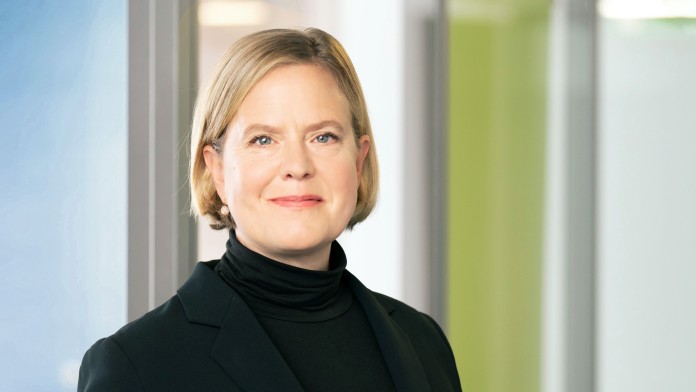Tip: Activate javascript to be able to use all functions of our website
Press Release from 2017-09-14 / Group, KfW Research
Migrants account for 21% of business founders in Germany
- Their share in start-up activity is stable
- Migrants with a university degree have an above-average entrepreneurial drive
- Growth ambitions are also higher among migrants
In 2016, one in five business founders in Germany was a foreigner or naturalised citizen. Migrants therefore make an important contribution to start-up activity, one that has remained stable over the years. Nevertheless, at 139,000 business founders, their absolute number was lower than ever before since it was first surveyed in 2009. This mirrors the historic low of overall start-up activity, as illustrated by the current brief analysis by KfW Research entitled ‘Gründungen durch Migranten: Gründungsfreude trifft Ambition‘ (Migrant start-ups: entrepreneurial drive meets ambition’ – in German only).
Nevertheless, migrant start-up activity is slightly higher than average (at 21%, with a share of 20% of the population). That rate was driven by the particularly high level of entrepreneurship among migrants with a tertiary degree: At 3.1 business founders per 100 employable workers (on average for the use 2009–2016), it is significantly higher than both the start-up rate among migrants overall (1.8%) and the general start-up rate among graduates (2.3%). ‘Graduates are a driving force of migrant start-up activity’, said Dr Jörg Zeuner, Chief Economist of KfW Group. ‘Among migrants, business founders with a tertiary degree are not just more growth-driven but also have higher survival rates.. That is a promising combination.’
The figures of the KfW Start-up Monitor show that migrant business founders are more committed than average: They invest more weekly hours in their start-up projects (32 hours on average compared with 29 hours across all business founders); they are more likely to start off in a team (23% over 20%) and create jobs more often (39% vs. 28%). Migrants’ growth orientation is also particularly noteworthy. One in five (22%) want their business to grow ‘as big as possible’. Only 15% of all business founders have that ambition.
Overall, migrants are more likely to start a business for lack of income alternatives, which also explains their above-average rate of cessation: Within the first three years of starting their business, 41% discontinue their project compared with 30% of all business founders. Necessity entrepreneurs are more likely to end their start-up project when offered attractive paid employment.
Another specific difference is how they finance their start-ups. Although migrants use borrowed funds with the same frequency and in the same volume as all other business founders, they are less likely to use bank loans as a source of funding. Instead, they use overdraft facilities and financial support from friends and relatives more often. ‘Their tendency to use more costly overdraft facilities can be an indication of difficulties in accessing credit, which reduces their chances of success. A successful start-up should not fail for lack of access to credit, however. Open and affordable access to credit is important for business founders,’ said Dr Zeuner.
One-Pager - 'Migrant start-ups: entrepreneurial drive meets ambition’(only available in German)
Themen kompakt: Migrant start-ups (only available in German)
1 Start-ups totalled 672,000 in 2016. See also press release dated 30 May 2017: Record employment with side-effects.

